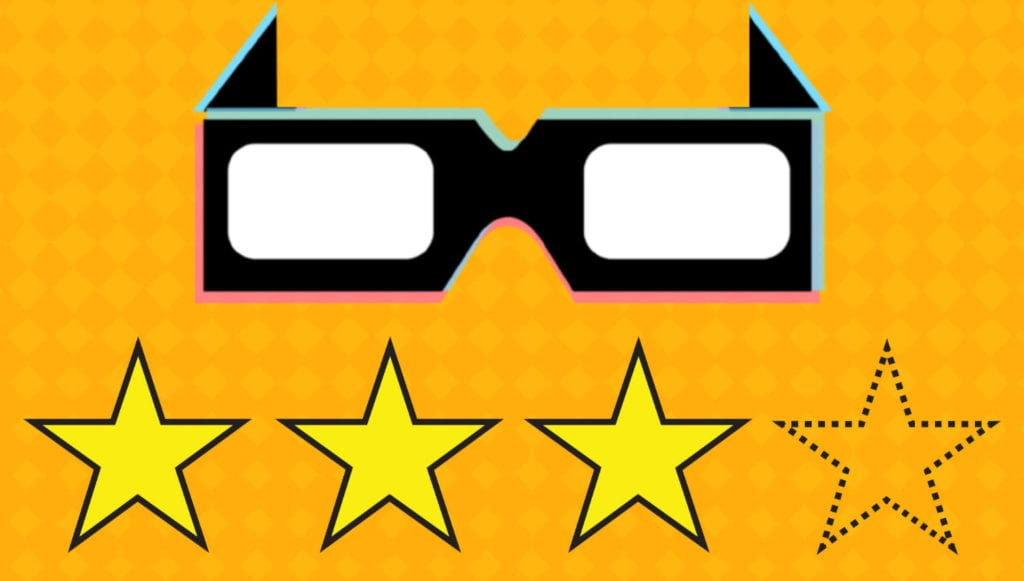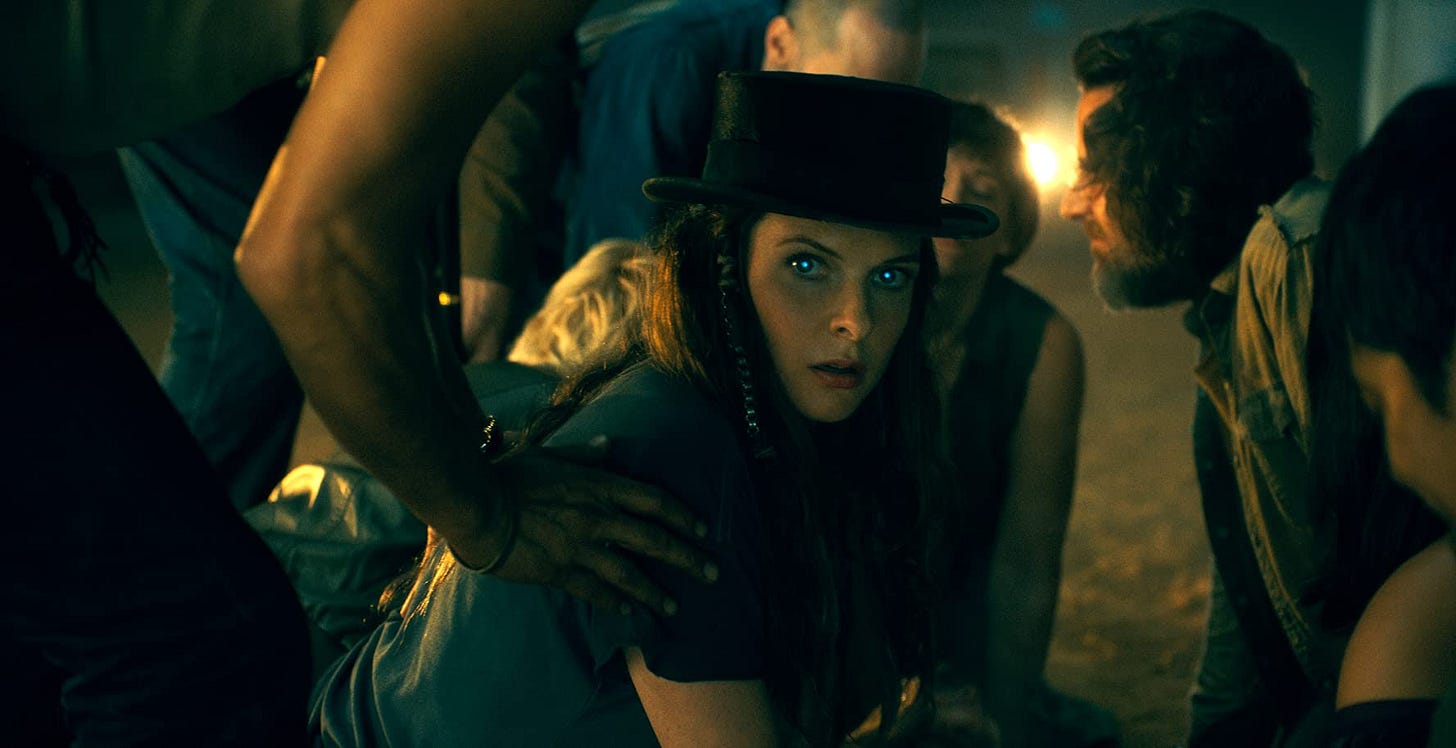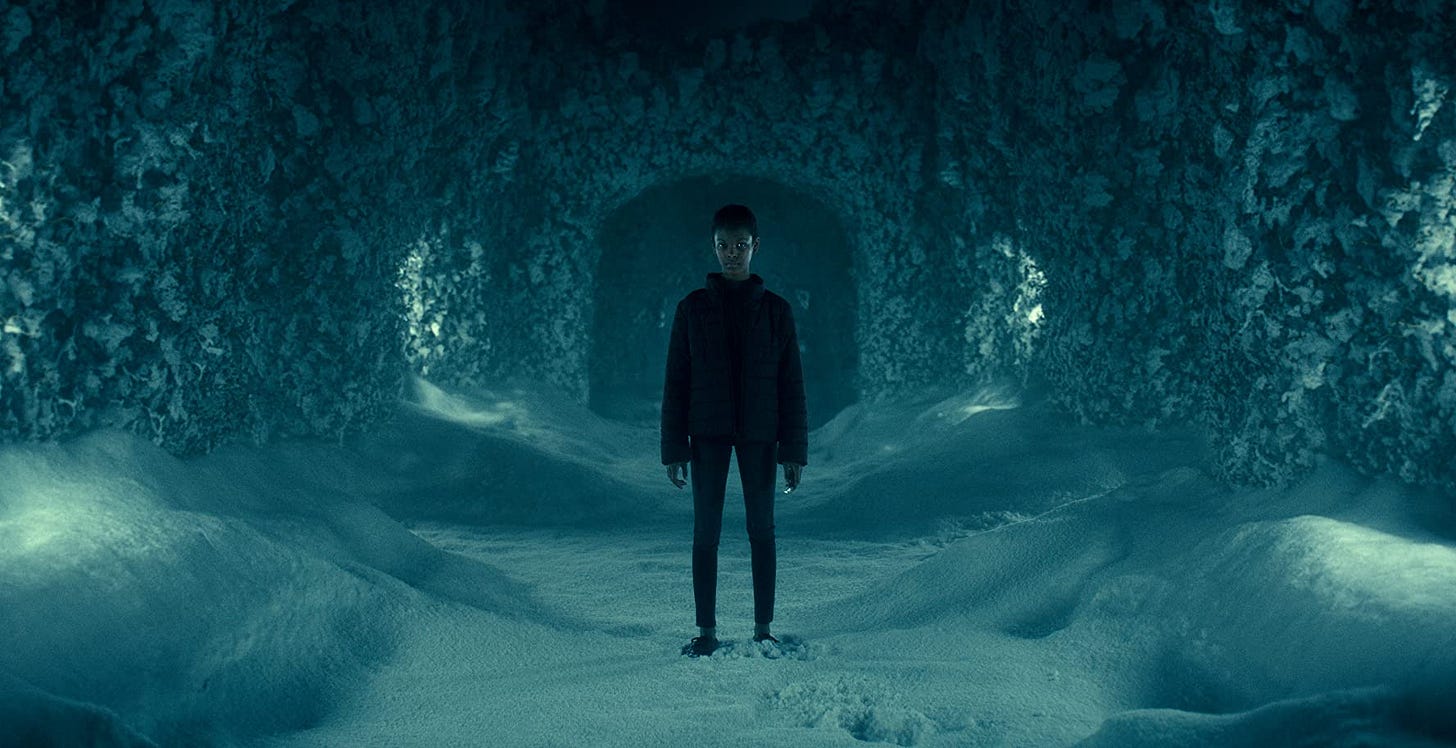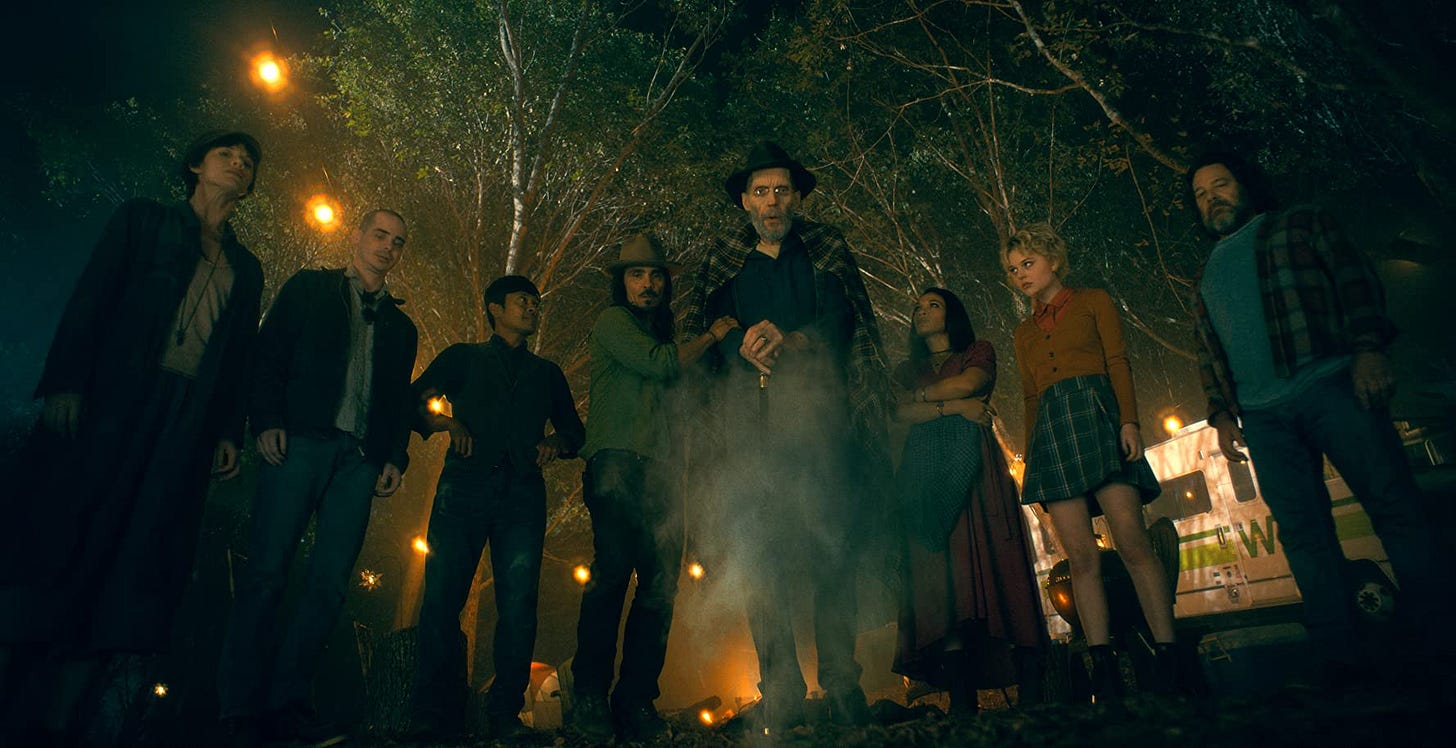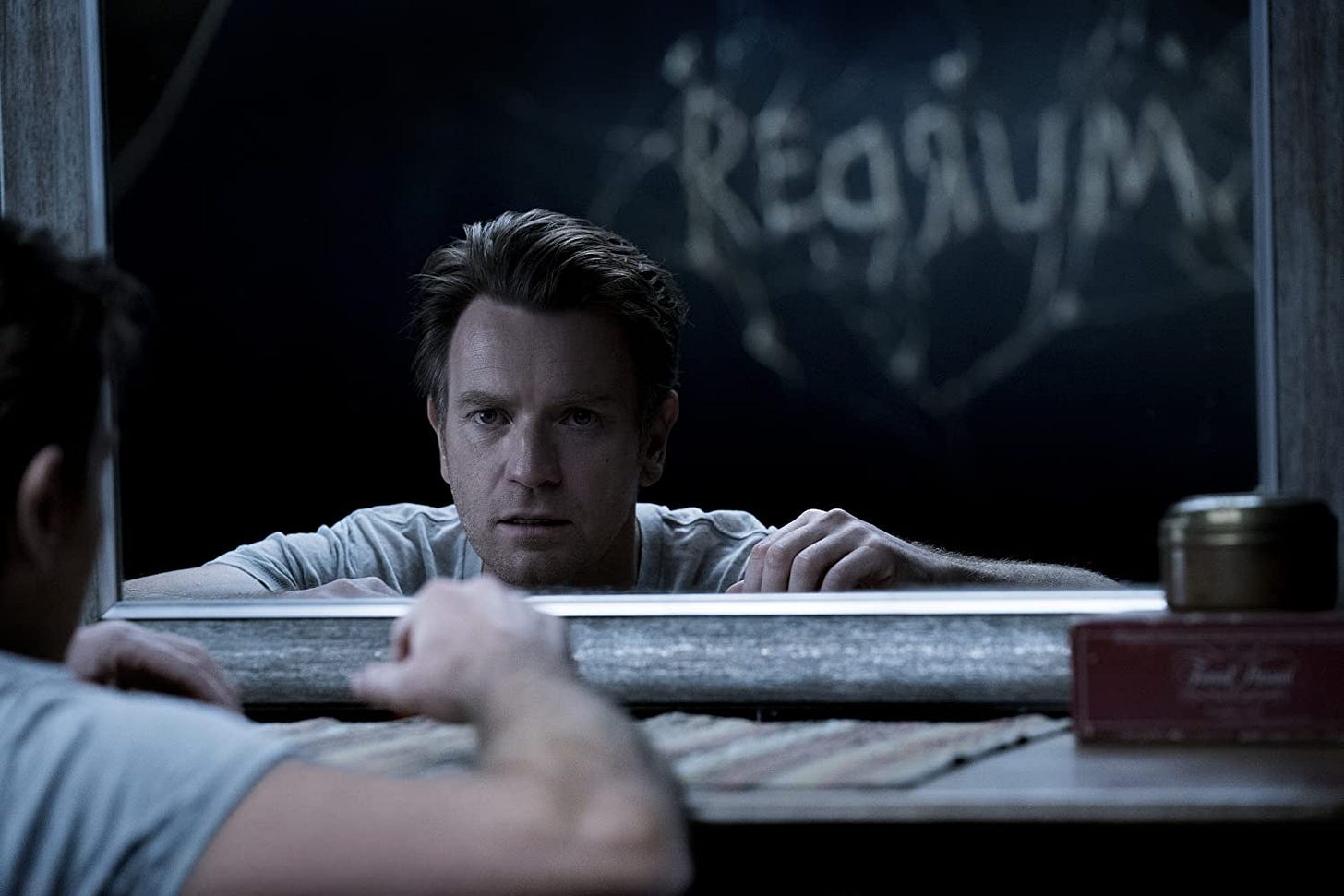'Doctor Sleep' shines bright | Review
SUMMARY
Doctor Sleep is an admirable sequel to one of the most influential films ever made: The Shining. Director Mike Flanagan does a fine job of making a movie that should satisfy fans of both Stephen King's and Stanley Kubrick's disparate works.
STORY
Decades after the horrific events at the Overlook Hotel, Dan Torrance (Ewan McGregor) is an alcoholic drifter. He eventually finds his way to a small New Hampshire town. There, Dan works an orderly at the local hospice, attends AA meetings, and starts to turn his life around. Meanwhile, a cult led by Rose the Hat (Rebecca Ferguson) roams the country looking for children who "shine" so they can consume that power. An incredibly powerful girl named Abra (Kyleigh Curran) has caught their attention, forcing Abra to reach out to Dan to help her.
DIRECTION
Flanagan, whose previous work includes Netflix's "The Haunting at Hill House," does a remarkable job balancing elements of "The Shining" (the novel) and The Shining (the film). For those unaware, Kubrick's 1980 adaptation of King's 1977 novel took extreme liberties with the source material. King famously derided the film, going so far as to commission another adaptation (this time as a mini-series) several years later that was more faithful to the book.
Those who have read "Doctor Sleep" having only seen The Shining might be alarmed at how many inconsistencies there are. For example, the Overlook Hotel is razed to the ground in the novel, and Dick Halloran survives. Flanagan's Doctor Sleep adaptation is adept at reconciling these differences, acting as a sequel to both works.
About two-thirds of Doctor Sleep play out as a relatively straightforward (and faithful) adaptation of the novel. References to The Shining are occasional. These include things like music cues, the appearance of certain characters, and even the design of a certain doctor's office.
The third act is where things lean heavily towards the Kubrickian influences in terms of production design, cinematography, score, and even casting. There are recreations of key events from the 1980 film featuring new actors, but they're done seamlessly. Technology has brought us far enough to bring actors like Peter Cushing back to life, or convincingly de-age Michael Douglass. Doctor Sleep proves that simply re-casting iconic roles is still the least distracting option.
Pacing is the only real issue that Flanagan struggles with. Much like the novel, the movie starts out choppy as it establishes three storylines that don't fully converge until the third act. Furthermore, the movie runs a bit too long. Though in its defense, no scenes really leap to mind as being easily removable. The movie's ending has been changed a bit from the novel's, but in a good way. It resolves things well from both a thematic and (especially) a narrative standpoint.
ACTING
McGregor is fine in the role. He gets a handful of dramatic scenes to really tear into, and he handles himself capably. Ferguson's accent is a bit inconsistent, but she's also good. Curran has the trickiest role as Abra, and gives a very good performance. The rest of the cast is serviceable but underutilized. (Especially Bruce Greenwood, whose appearance amounts to a cameo.) The actors playing re-cast versions of characters from The Shining are all excellent. In particular, Alex Essoe, who steps into Shelley Duvall's shoes.
EVERYTHING ELSE
As mentioned, editing (also by Flanagan) could've been tighter. Lensing by Michael Fimognari is a bit flat and lifeless, but maybe that's the point. Design elements are strong and visual effects, though relatively minimal, are effective when called upon. The score by The Newton Brothers (regular Flanagan collaborators) is also good. It's generally its own thing but references The Shining when it has to.


